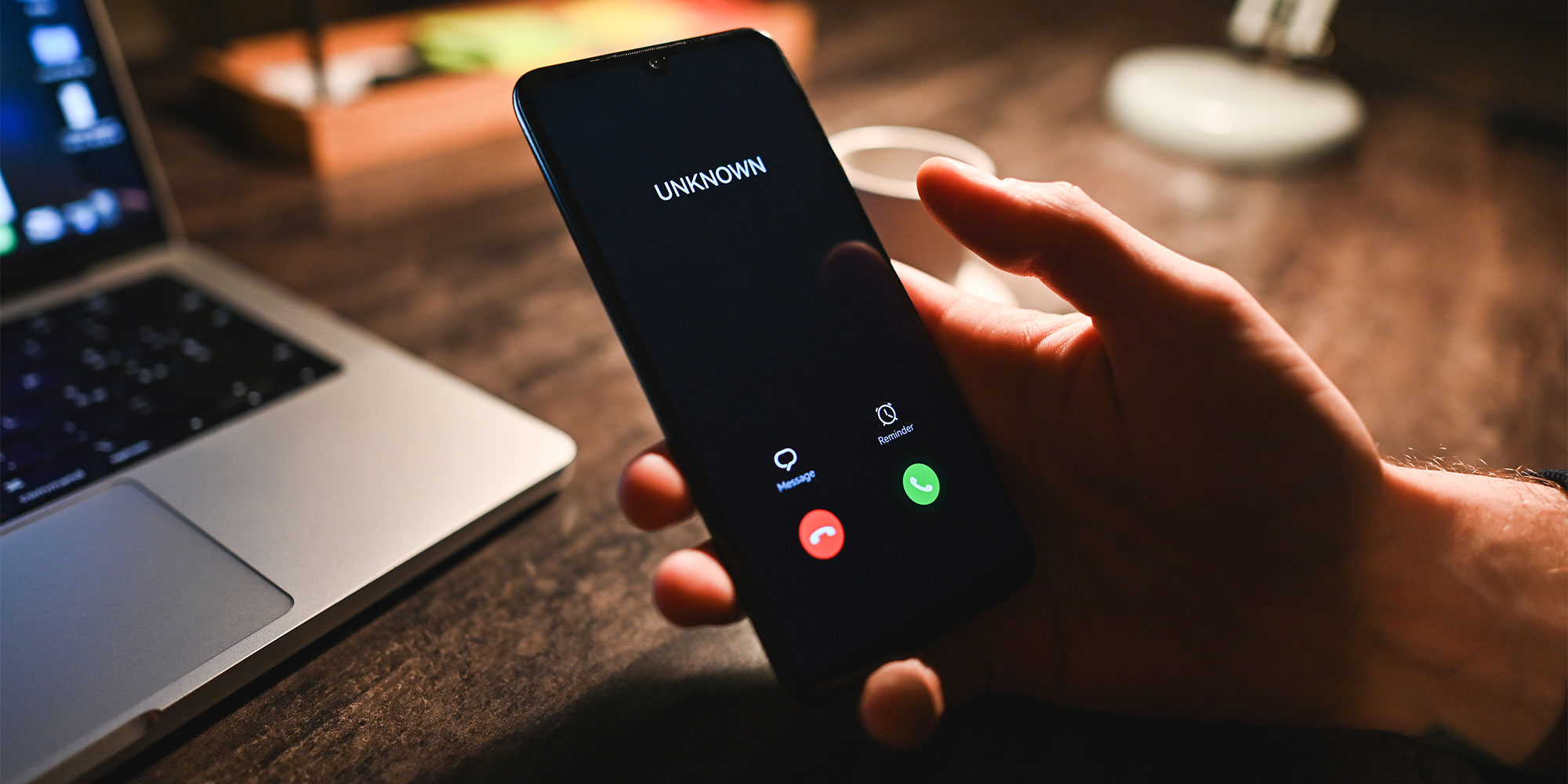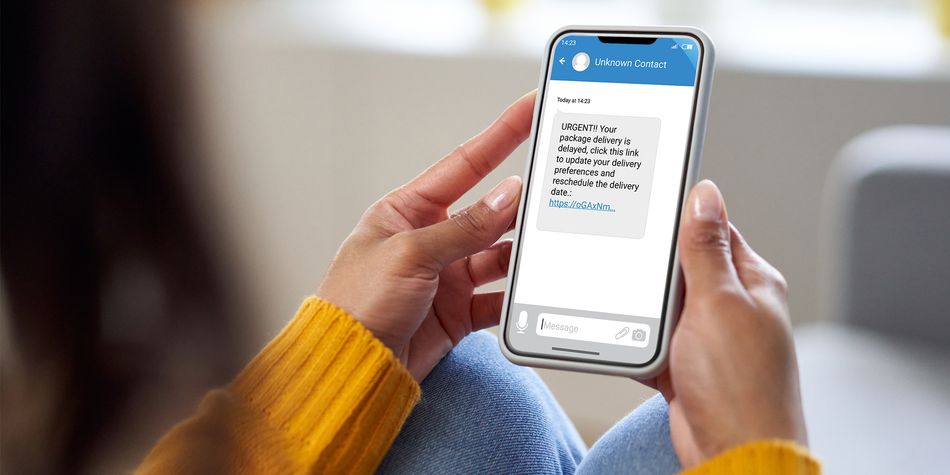Scam watch: 'A bank impersonation scam nearly caught me out'

Dear Which?,
A text message claiming to be from my bank, Santander, asked if I recognised a transaction.
The payment was to an insurance broker I had once used to compare quotes. I assumed it was an unwanted auto-renewal, and replied ‘N’ to stop the payment.
Then I received a call from a withheld number. The caller had an English accent, they knew my name and claimed to be from Santander’s fraud team. I explained that the transaction was an undesired auto-renewal rather than fraud, but he insisted it was fraud and said he would block my bank card and dispatch another immediately. This seemed a reasonable security measure.
However, he wanted to check my transactions for anything I didn’t recognise immediately. I wasn’t near my laptop at the time, so I said I’d do so later. He insisted I check by logging in to the Santander app. I was starting to get suspicious now, so I said again I’d check later. He then hung up.
I contacted Santander using a number I knew to be genuine, and it confirmed that neither the call nor the text came from Santander, reassuring me that my account was secure.
Pete Heamon, Lincolnshire
Sign up for scam alerts
Our emails will alert you to scams doing the rounds, and provide practical advice to keep you one step ahead of fraudsters.
Sign up for scam alerts
Faye Lipson, Which? senior researcher, says:
Fraudsters often imitate banks’ fraud departments to persuade you to transfer your money into their clutches.
The only way to be sure that a bank call is genuine is to hang up and call it back using a different number, or wait 15 minutes to ensure that the line is free. Use the contact number found on your card or call 159 (an anti-fraud hotline, which connects you to the fraud team of most providers). Two exceptions are Monzo and Starling. Both now make it easy by having a ‘call status’ in their apps to show you whether it’s the bank genuinely talking to you.
Your experience might be a case of spear-phishing, when the fraudster has prior knowledge (often from a data breach) of you and uses it to make the scam seem more convincing.
Conversely, they may not have known anything about you. It sounds like the caller tried to panic you into submission and hung up when that failed. Whatever their plan, you were right to refuse their requests – and I’d encourage anyone who feels uneasy about a fraud alert to do the same.
Bank impersonation scams
Don't be fooled into thinking it can be easy to spot a bank impersonation scam, as they can be incredibly sophisticated.
If you're contacted by your bank and are being asked to share sensitive details, move money or log into your account, then you should be suspicious of this request. Always take steps to verify the call.
Contact your bank immediately if you believe you have lost any money to a scam or if you believe the scammer could have access to your account. You should also report the scam to Action Fraud or call the police on 101 if you live in Scotland.


